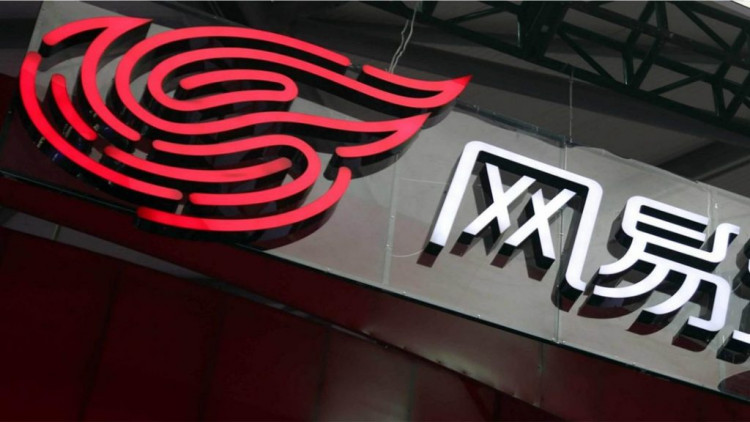NetEase Inc., one of China's first-generation technology companies, entered as a newcomer in the fast growing and competitive short-video field.
Nasdaq-listed NetEase launched "NEXT creative author program," setting aside 1 billion yuan ($150 million) in cash to support short-video content development. Up to 1,000 multichannel network institutions nationwide and nearly 2,000 content creators with more than 1 million fans will join the program, NetEase said.
The company plans to incubate 100 original intellectual property content items as well as help 1 million content creators see commercial income. It claims it will support creators' rights for their content through its "video creator rights system."
Business Times reported Dec. 9 that up to 92.9% of the domestic online short-video content infringed copyrights, according to a recent report by China's 12426 Copyright Monitoring Center, formerly the National Copyright Administration.
"Video content has become highly recreational in our age," chief executive Ding Lei said. "Video content is one of the important development directions for NetEase in the future." He added NetEase will seek to boost the short video evolution from being merely entertaining to becoming useful and valuable.
This company's first knowledge short video creation platform is called NetEase Knowledge Highway. NetEase News, NetEase Cloud Music, NetEase Yanxuan, NetEase LOFTER, and NetEase Youdao will also have video sections, said the company.
In the face of competition from existing video competitors such as Kuaishou, who is expected to start its Hong Kong public offering early next month, China's largest app by volume Douyin, and Nasdaq-listed Bilibili, NetEase said it would use artificial technology Iceberg Think Tank to help content creators to develop popular topics.
NetEase's strategic march into the short video field came after its recent decision to close its personal financial management app Youqian in April, under regulator's increased scrutiny on finance-related services.
Youqian, which launched between 2015 and 2017, linked with users' bank accounts to monitor spending while connecting to NetEase Microloan and NetEase Laiqian. The company's financial products, however, were not able to take on online financial giants like Tencent's WeChat Pay and Ant Group's Alipay.
Whether NetEase will be able to take on the existing big short video rivals has triggered public discussion. Analysts said, despite being a late comer to the sector, the company has accumulated rich resources in advertisement services, email services and e-commerce platforms. It also remains one of the world's largest internet and video game companies.
As of Jan. 1, China's civil code, an amalgamation of existing civil and tort law and regulations, came into effect. NetEase said it would tap more than 100 content creators with law backgrounds to popularize the code from various aspects including private property, contracts, personal privacy, marriage and so on.
NetEase was listed in Hong Kong in June. In the third quarter of last year, NetEase saw revenues of 18.7 billion ($2.89 billion), a nearly 28% increase year-on-year. Net income from online games reached 13.86 billion yuan, a 20% gain.





